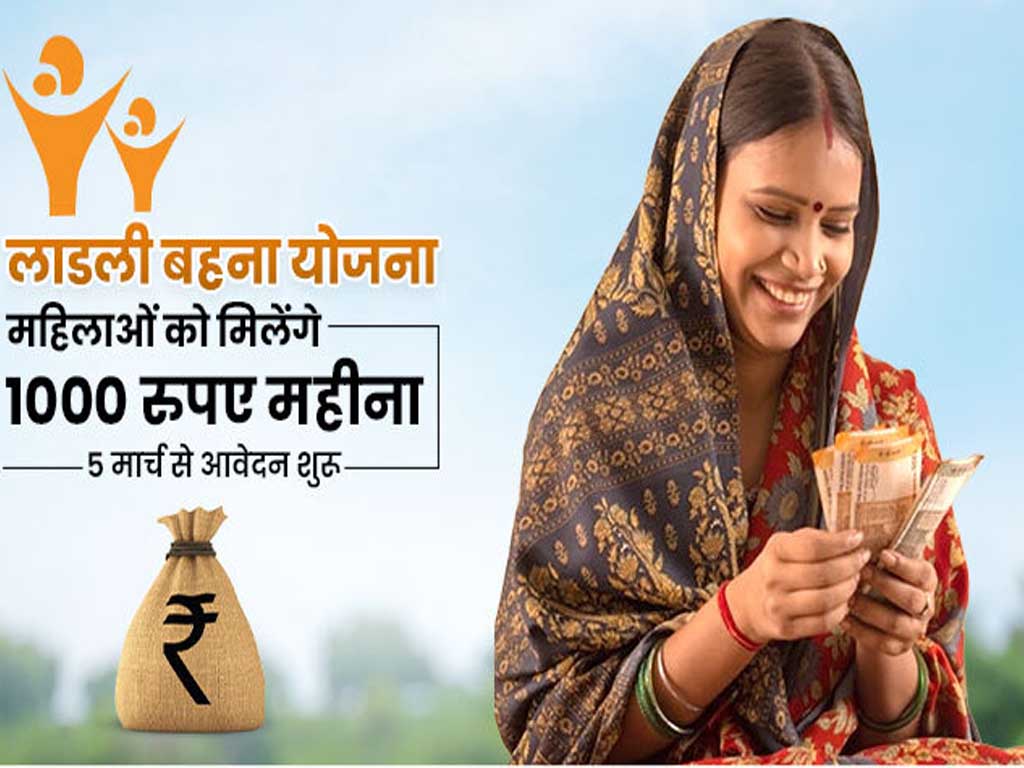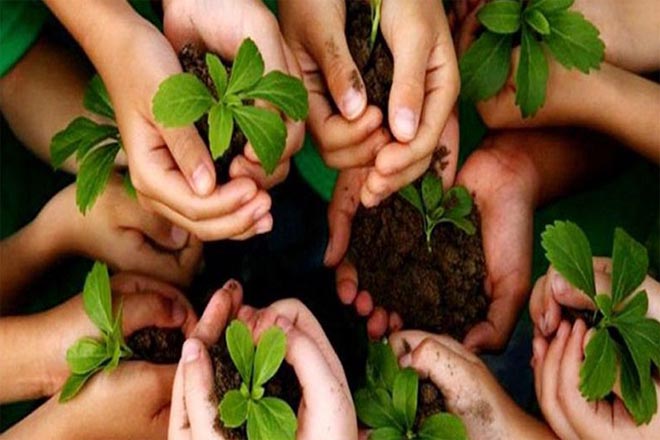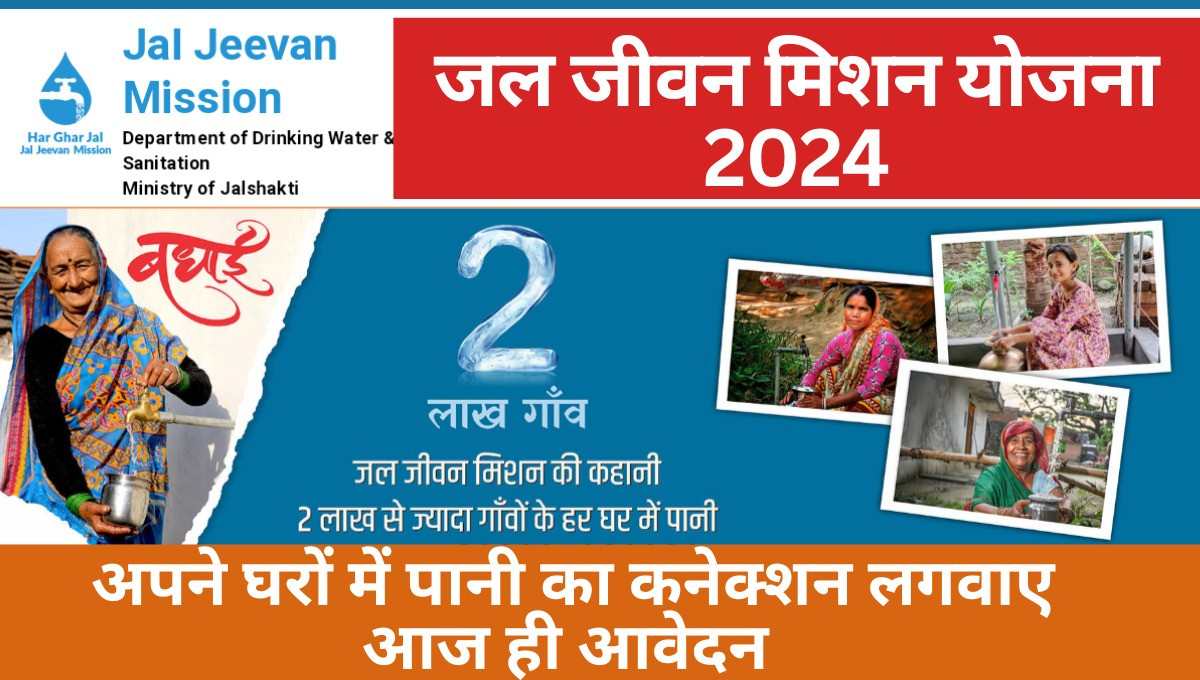Introduction:
The Pradhan Mantri Ladli Behna Yojana (PMLBY) is a flagship scheme of the Indian government aimed at empowering girl children from economically disadvantaged families. Launched in 2008, this initiative focuses on promoting the welfare and education of girl children and addressing gender disparities in Indian society.
Eligibility Criteria:
Age Requirement:
Girls born on or after January 1, 2008, are eligible for enrollment in the PMLBY scheme.
Income Criteria:
Families with an annual income below the poverty line (BPL) are eligible to apply for the scheme. Additionally, households identified as economically weaker sections (EWS) can also avail of the benefits of PMLBY.
Also check out : PM Mahila Samman Yojana: Empowering Women for a Brighter Future
Benefits of PMLBY:
Financial Assistance:
Under PMLBY, the government deposits a certain amount of money in the name of the girl child, which can be accessed upon reaching specific milestones such as attaining the age of 18 or getting married after the age of 18.
Educational Incentives:
The scheme encourages families to invest in the education of their girl child by providing financial incentives for her education. This includes scholarships and incentives for completing secondary and higher secondary education.
Application Process:
How to Apply:
Families wishing to enroll their girl child in the PMLBY scheme can do so through designated financial institutions or banks authorized by the government.
Required Documents:
Applicants need to submit documents such as birth certificates, proof of income, and identity proofs of parents/guardians along with the application form.
Also check out : PM Ujjwala Yojana: Empowering Women, Transforming Lives
Success Stories:
Real-life examples of beneficiaries:
- Anjali’s Story: Anjali, a beneficiary of PMLBY, used the financial assistance provided by the scheme to pursue higher education and become the first college graduate in her family.
- Riya’s Journey: Riya, another beneficiary, utilized the educational incentives offered by PMLBY to complete her schooling and secure a job in a reputed firm, breaking the cycle of poverty in her family.
Impact of PMLBY:
Empowerment of Girl Child:
PMLBY has played a significant role in empowering girl children by providing them with access to education and financial resources. It has enabled them to pursue their dreams and aspirations, thereby breaking the shackles of gender inequality.
Reduction in Gender Discrimination:
By promoting the welfare and education of girl children, PMLBY has contributed to reducing gender discrimination in Indian society. It has created opportunities for girls to excel in various fields and participate actively in nation-building activities.
Conclusion
The Pradhan Mantri Ladli Behna Yojana is a commendable initiative that aims to uplift the lives of girl children from economically disadvantaged backgrounds. By providing financial assistance and educational incentives, the scheme empowers them to realize their full potential and contribute meaningfully to society.

FAQs (Frequently Asked Questions)
1. Who is eligible to apply for PMLBY? Families with girl children born on or after January 1, 2008, and falling below the poverty line or belonging to economically weaker sections are eligible to apply.
2. What are the key benefits of PMLBY? The scheme offers financial assistance and educational incentives to support the welfare and education of girl children.
3. How can families apply for PMLBY? Families can apply for PMLBY through designated financial institutions or banks authorized by the government by submitting the required documents along with the application form.
4. Can the financial assistance provided under PMLBY be used for any purpose? The financial assistance provided under PMLBY is primarily intended for the welfare and education of the girl child.
5. What is the impact of PMLBY on gender equality in India? PMLBY has contributed significantly to reducing gender discrimination by empowering girl children and providing them with opportunities for education and socio-economic development.





